20 Immunity Boosting Foods for Kids

Eating healthy foods means good health, and this statement also stands true for children. As parents, you should ensure that your child eats healthy right from a young age so that their immune system is strong and they fight infections like a champion. If your little one falls sick, it could be due to a weak immune system. As a baby’s immune system is still developing, you must include healthy foods in their diet to help them fight off common infections. This article covers a list of immunity-boosting foods for kids that you should include in your child’s diet.
List of Top Immunity-Boosting Foods for Children
Are you looking for the best immune-boosting foods for toddlers and kids? Well, your search ends here. Here are the top immunity-boosting foods you should incorporate into your child’s diet.
Please Note: All these foods are safe for consumption for toddlers, i.e., children above 12 months of age.
1. Nuts and Seeds
These are the BEST foods to boost the immune system simply because they are so full of essential nutrients. Nuts are a rich source of minerals, vitamins, phytochemicals (antioxidants), omega fatty acids, and dietary fibre (1). Different kinds of nuts have varied benefits and tastes, so make sure you feed your child walnuts, pistachios, almonds, etc.
How to Feed: Nuts are best served to younger children in powder or soaked form. For older children (3+), you can serve them as is or make simple nut bars at home. However, be careful, as whole nuts might pose a choking hazard (1). Also, discuss with a doctor if your child displays any allergic reaction to nuts.
2. Cheese
Yes, the good old cheese, which many kids love, is also one of the immune-boosting foods! It is high in zinc, and zinc is useful in producing antibodies to fight infections. You can feed cheese to your child but do ensure that you are not giving them processed cheese.
How to Feed: Cheese goes well with many foods, including baked potatoes, sandwiches, etc. Kids also usually love pasta, so you can make cheese pasta for your child.
3. Mushrooms
These veggies are also packed with zinc, which helps boost immunity. The best part is that different kinds of mushrooms also have antibacterial and antiviral properties. But before feeding it to your child, you must check with a doctor since mushrooms are highly allergic to foods.
How to Feed: Mushrooms are versatile, so experiment with them in curries, pasta, etc. A mushroom roll with other veggies is also a good, wholesome snack for the evening.
4. Carrots
Carrots are one of the best immunity-boosting foods for children’s health. This bright red-orange vegetable is high in beta carotene – a nutrient the body turns into Vitamin A. This also boosts the body’s mucus membrane lining, which means bacteria find it harder to attack. Carrots are thus great options to boost your little one’s immune system and protect him from infections.
How to Feed: If your little one has recently started on solids, you can introduce carrot pumpkin puree. Older kids can be served delicious carrot halwa. Gradually, carrots can be eaten raw as a snack after being well-washed and sliced. This will strengthen the gums and dental health.
5. Berries
A good source of vitamins for toddlers to boost their immune system is berries. You can try strawberries, blackberries and blueberries. Though not many children have allergies to berries, a few do – watch out for symptoms like skin rash, vomiting, diarrhoea or swelling of the face.
How to Feed: Berries can become part of many delicious smoothies and shakes. They can also be served with oats or as a whole fruit.
6. Ginger
This amazing food can prevent your child from a nasty cold and also aid in fighting it (2). It is one of the best immune boosters for babies and toddlers in the changing weather.
How to Feed: Ginger can be added to different foods for flavour and health. You can lightly flavour your curries, dals, etc., with ginger. It can also be grated and added to soups.
7. Garlic
Since ancient times, garlic has been an affluent food item that is reputed for its immune-boosting properties and for treating infectious diseases (3). According to Stanford, this potent antibacterial treats chronic bronchitis, flu, and recurrent colds and coughs and helps lower cholesterol levels and high blood pressure (4). It also stimulates immune system cells to increase antibody production, which means a boosted immune system for your child. Adding garlic to your child’s diet will strengthen their immunity.
How to Feed: Since raw garlic is potent and strong-smelling, children will refrain from it. Therefore, you can season food with slightly cooked garlic or add 1-2 cloves of garlic to food while preparing it for added flavour and health benefits. Do not overdo it, as garlic has a very strong flavour. Some moms also add boiled garlic cloves to milk and serve this to kids before bedtime.
8. Papaya
Papaya is a good superfood for your baby’s overall health and immunity. It is rich in potassium, folate, and vitamins, which help regulate your child’s overall immunity.
How to Feed: Papaya is a great food to introduce to your baby in puree form first and then in slices.
9. Turmeric
When you’re looking for natural immune booster foods, look no further than your box of spices. Yes, haldi is actually very good for the immune system. It has an ingredient called curcumin which can protect your child against colds, flu, etc.
How to Feed: Simply add a pinch of turmeric to your foods while cooking. You can also add a dash of turmeric to a glass of milk and serve it to your child to cure a cold.
10. Chicken
This protein-rich and delicious food also helps build up the immune system. Chicken is useful for alleviating symptoms of common colds and fevers, too.
How to Feed: You can feed your child chicken in curries, soups, sandwiches, or even roasted form. Academy of Nutrition and Dietetics and Mayo Clinic suggests that chicken soup pairs well with immunity in fighting off the cold and cough and soothe the throat by loosening respiratory secretions (5) (6). Check out this easy chicken recipe shared by our mommy chef.
11. Yoghurt
Yoghurt or curd is laced with probiotics – good bacteria that benefit the gut and keeps the immune system in check (7). They can reduce diarrhoea and even lower the risk of colds and ear infections. While yoghurt is the probiotic form of choice, you can try similar foods that are good for the immune system, such as buttermilk. Introduce these foods gradually in your child’s diet so he has the time to develop a taste for them.
How to Feed: Yoghurt can be served alongside regular food or whipped into different recipes for kids, such as smoothies, salads, and shrikhand.
12. Eggs
Eggs are a complete food and one of the few to naturally contain vitamin D. They are also an immune system booster for kids. However, some children are allergic to egg whites and a few to egg yolks, so wait until your tot is at least a year old to eat eggs.
How to Feed: You can take a hard-boiled egg and mash or chop the yolk into small pieces. You can feed it as is or mix it with your child’s regular food.
13. Broccoli
Packed with Vitamins C and K, broccoli is one of the best immunity-boosting foods for toddlers. The right age to introduce this food is when your child is between 8-10 months, as it has the potential to cause gas.
How to Feed: If your child doesn’t seem to take too kindly to broccoli, you can make a creamy soup out of it, cook it with cheese or make a delicious broccoli sandwich.
14. Lentils
Iron-rich lentils can be added to the list of foods that strengthen the immune system. They can also help alleviate the symptoms of cold and flu. In case a child is suffering from an infection, you can include lentils in their diet.
How to Feed: Most toddlers will eat lentils without a fuss, but if yours needs some convincing, add diced carrots, beetroot, and corn. Soupy lentils mixed with a bit of tomato are another way to prepare them.
15. Pumpkin
Pumpkin is an easy food for toddlers. When mashed with rice, most kids readily eat it. It’s rich in vitamins A, C, and E, as well as calcium, potassium, and folate.
How to Feed: Why not make a pumpkin soup with paprika? Yum! Or Pumpkin Kheer?
16. Dark Leafy Greens
Dark leafy greens, including spinach, kale, mustard greens, Arugula leaves, fenugreek leaves, etc., are loaded with antioxidants, iron, vitamins A, C, and K, copper, fibre, and carotenoids like lutein and zeaxanthin (8) (9).
How to Feed: You can add them to sandwiches and smoothies for your little one. If your child has gone past the picky eating phase, then you can introduce them to the salad with leafy greens in them, like caesar salad.
17. Sweet Potato
According to Harvard, sweet potatoes are the richest in beta-carotene, vitamins A, B6 and C, fibre, and potassium (10). They are a blessing for the immunity. The antioxidants in the sweet potato protect the immune system from the free radicals.
How to Feed: There are endless ways to prepare sweet potatoes for your little one. You can bake, roast, boil, steam, mash, slice, or fry them any way you want. You can also put them in salads, steam them and enjoy their rich flavour, make mashed sweet potatoes or potato wedges, and more (10).
18. Fish
Loaded with omega-3 fatty acids, protein, good fats, including docosahexaenoic acid (DHA), and minerals, fish like salmon, tuna, cod, trout, sardine, whitefish, flounder, catfish, and crawfish are deemed safe for children to eat. Other safe seafood for children include shrimp, crab, scallops, pollock, perch, and anchovy. You can check the FDA’s guidelines on how to select the best and safest fish to eat here (11).
How to Feed: According to the American Academy of Pediatrics, you can feed your child a variety of fish 1-2 times per week to provide them with optimal nutrition (12). You can steam and make stew out of it and feed your child.
19. Citrus Fruits
Vitamin C is an allrounder when it comes to charging up immunity. It assists in the white blood cell production that timely responds to pathogens and fights off infections. It also reduces inflammation and manages the overall health of the cell. Citrus fruits, like orange, lemon, mandarin, grapefruit, lime, pomelo, and more, are great for the body’s functioning and also prevent nausea.
How to Feed: You can feed your 1 year old+ baby an orange, take out the juice or add it them in homemade mixed fruit juice.
20. Quinoa
Quinoa is a protein-rich grain that also contains vitamins, minerals, and antioxidants that support immune health.
How to Feed: You can make porridge of quinoa for children in the early stages and gradually add its savoury and salad version as they develop the liking for it.
Some Important Immunity-Boosting Tips for Your Child
When you’re trying to figure out how to build a strong immune system in toddlers, there are certain things that you should remember other than just incorporating the above foods into your child’s diet. Keep these tips in mind to boost your child’s immune strength.
- Ensure your child gets adequate sleep. Check this sleep chart for kids to determine if your child is getting the required sleep. It is during sleep that the body rejuvenates and strengthens immunity.
- Avoid high-sugar foods for kids, such as cakes, cookies, and packaged fruit juices. Too much sugar can suppress the immune system.
- Help your child remain stress-free by maintaining a calm environment at home and giving him plenty of physical exercises. Stress, when unchecked, can weaken the immunity.
- If your child keeps falling ill despite making these dietary and lifestyle changes, speak to your child’s doctor. They will recommend the best immunity booster supplements for kids if need be.
FAQs
1. Are there any healthy drinks for kids to improve their health?
Absolutely! Plain water, naturally flavoured water infused with fresh fruits and herbs, yoghurt, coconut water, and pasteurised unsweetened milk are some healthy drink options for children. Drinking enough water helps with hydration, improved brain function, and less chance of dental cavities, while coconut water is full of electrolytes (perfect for summer), and milk contains calcium and other minerals that strengthen bones (13) (14) (15).
2. What are the foods children can have for instant energy?
Bananas, eggs, water, oatmeal, and oranges are some food items that can be taken as snacks to gain instant energy. So, whether it is football practice or playing outside, snacks with these will charge them up with the necessary minerals and vitamins.
3. How else can I ensure my child has a strong immunity besides food?
Pair healthy food with proper exercise, personal hygiene, and good sleeping habits to improve your little sunshine’s strong immune system.
These are some healthy foods that you should include in your child’s diet to boost their immunity. Try out new dishes with these foods and serve your child a healthy and delicious meal every day!
References/Resources:
1. Nuts and seeds; BetterHealth Channel; https://www.betterhealth.vic.gov.au/health/healthyliving/nuts-and-seeds/
2. Rasheed. N; Ginger and its active constituents as therapeutic agents: Recent perspectives with molecular evidences; Int J Health Sci (Qassim).; PubMed Central; https://www.ncbi.nlm.nih.gov/pmc/articles/PMC7644455/; November-December 2020
3. Rouf. R, Uddin. S. J, et al.; Antiviral potential of garlic (Allium sativum) and its organosulfur compounds: A systematic update of pre-clinical and clinical data; Trends Food Sci Technol.; PubMed Central; https://www.ncbi.nlm.nih.gov/pmc/articles/PMC7434784/; October 2020
4. Garlic; Stanford Medicine; https://www.stanfordchildrens.org/en/topic/default?id=garlic-19-Garlic
5. Feeding Children When They Are Sick; Academy of Nutrition and Dietetics; https://www.eatright.org/health/wellness/healthful-habits/feeding-children-when-they-are-sick
6. Cold medicines for kids: What’s the risk?; Mayo Clinic; https://www.mayoclinic.org/healthy-lifestyle/childrens-health/in-depth/cold-medicines/art-20047855
7. Hadjimbei. E, Botsaris. G, Chrysostomou. S; Beneficial Effects of Yoghurts and Probiotic Fermented Milks and Their Functional Food Potential; Foods.; PubMed Central; https://www.ncbi.nlm.nih.gov/pmc/articles/PMC9455928/; September 2022
8. Khalid. W, Arshad. M. S, et al.; Functional constituents of plant-based foods boost immunity against acute and chronic disorders; Open Life Sci.; PubMed Central; https://www.ncbi.nlm.nih.gov/pmc/articles/PMC9462539/; September 2022
9. Schlichter. S; What are some fruits and veggies that can help support immune health?; Foundation for Fresh Produce; https://fruitsandveggies.org/expert-advice/what-are-some-fruits-and-veggies-that-can-help-support-immune-health/
10. Sweet Potatoes; Harvard T.H. Chan; https://www.hsph.harvard.edu/nutritionsource/food-features/sweet-potatoes/
11. Advice About Eating Fish; FDA; https://www.fda.gov/media/102331/download?attachment; October 2021
12. Healthy Fish Choices for Kids; American Academy of Pediatrics; https://www.healthychildren.org/English/safety-prevention/all-around/Pages/Protecting-Your-Children-From-Contaminated-Fish.aspx
13. Patel. A. I, Hampton. K. E; Encouraging consumption of water in school and child care settings: access, challenges, and strategies for improvement; Am J Public Health.; PubMed Central; https://www.ncbi.nlm.nih.gov/pmc/articles/PMC3134515/; August 2011
14. Kalman. D. S, Feldman. S, et al.; Comparison of coconut water and a carbohydrate-electrolyte sport drink on measures of hydration and physical performance in exercise-trained men; J Int Soc Sports Nutr.; PubMed Central’ https://www.ncbi.nlm.nih.gov/pmc/articles/PMC3293068/; January 2012 Jan
15. Jones. G; Early life nutrition and bone development in children. Nestle Nutr Workshop Ser Pediatr Program.; PubMed; https://pubmed.ncbi.nlm.nih.gov/22044903/; 2011
Also Read:
Fruits and Vegetables for Kids
Ways to Increase Immunity in Children
Nutrients to Need for Strong Immunity in Kids
Was This Article Helpful?
Parenting is a huge responsibility, for you as a caregiver, but also for us as a parenting content platform. We understand that and take our responsibility of creating credible content seriously. FirstCry Parenting articles are written and published only after extensive research using factually sound references to deliver quality content that is accurate, validated by experts, and completely reliable. To understand how we go about creating content that is credible, read our editorial policy here.






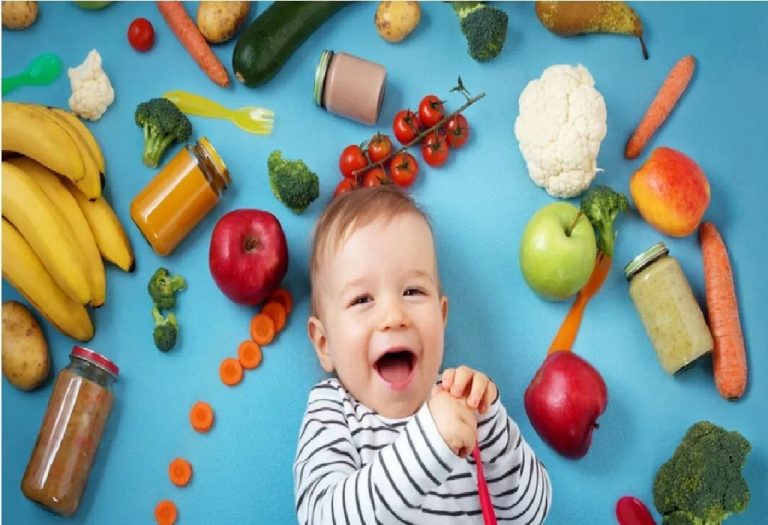
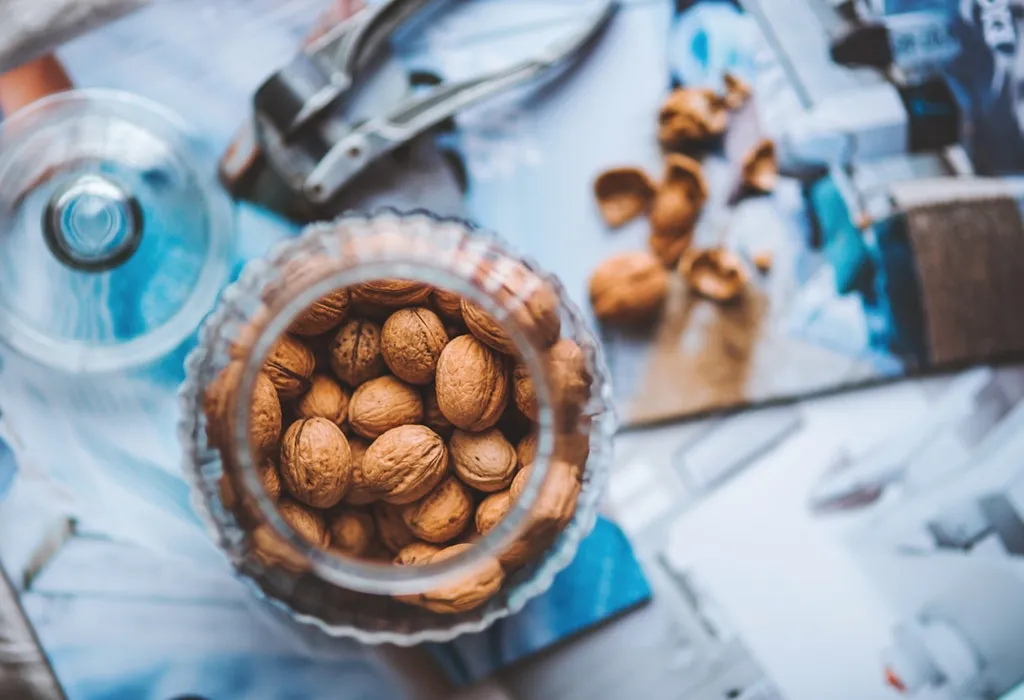
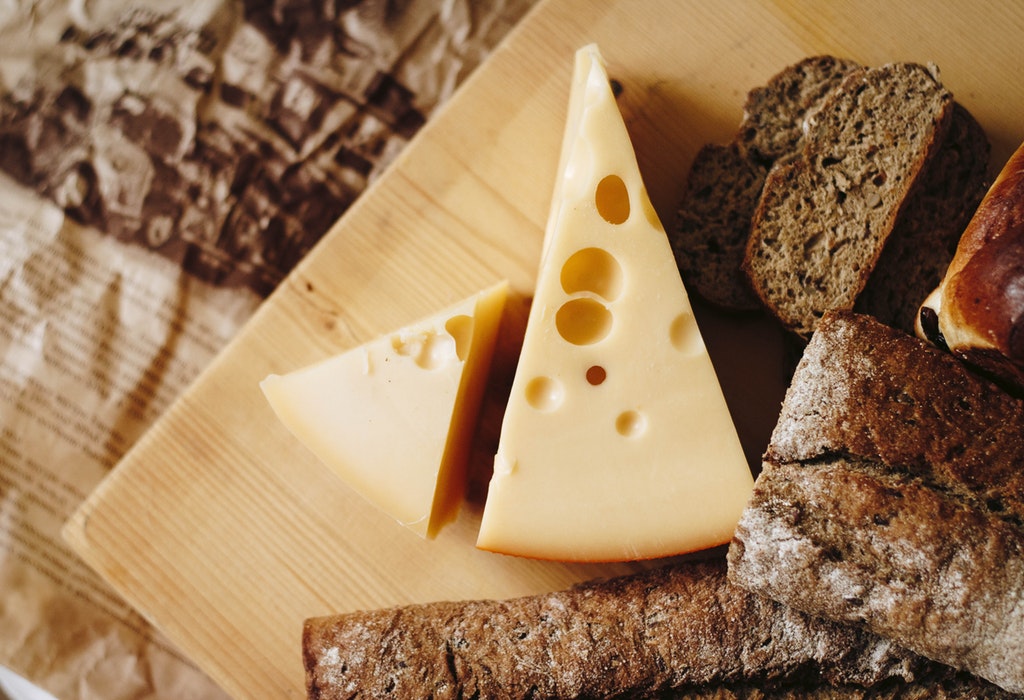
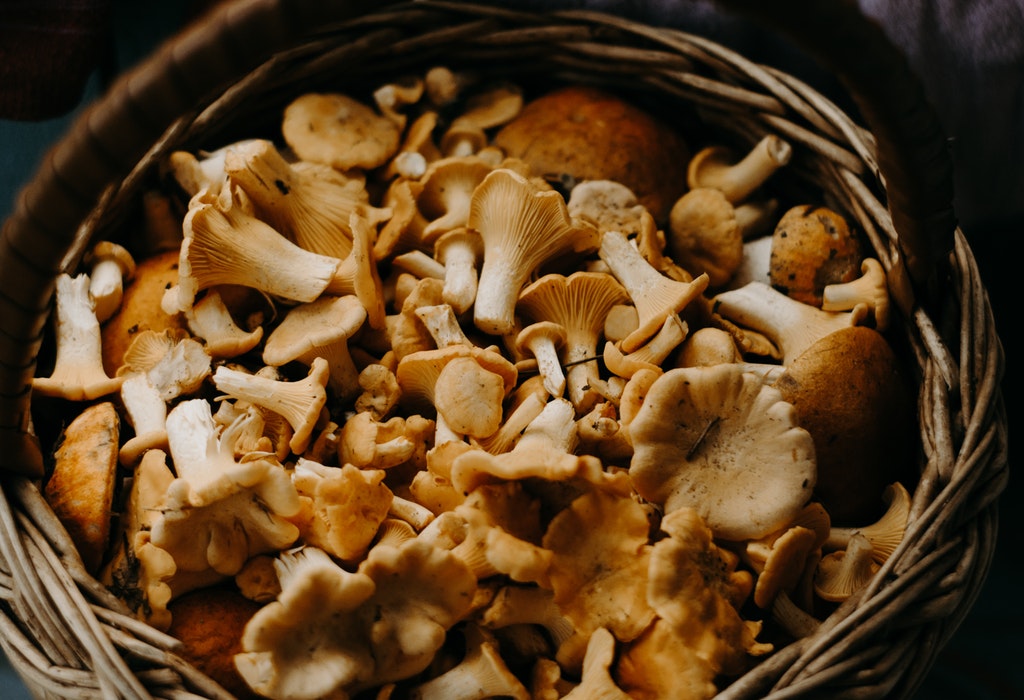
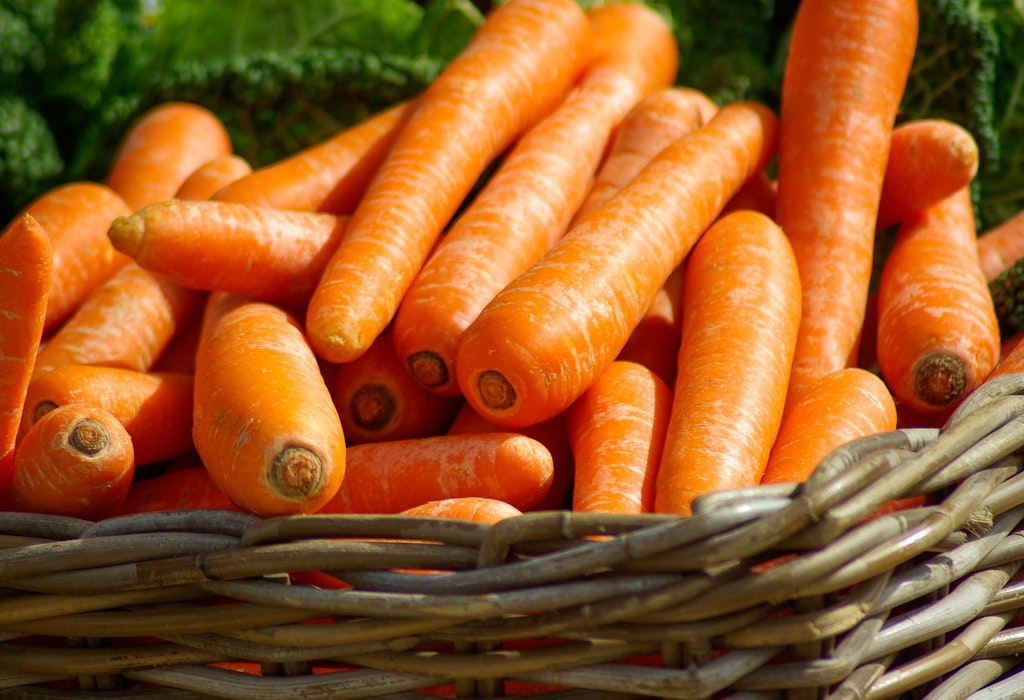
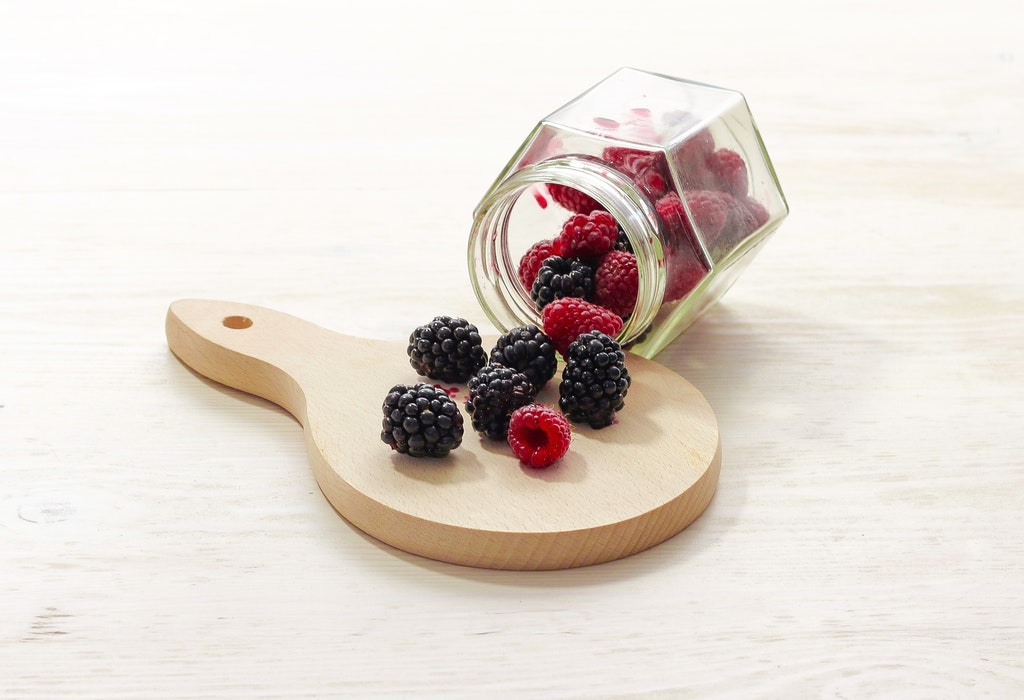
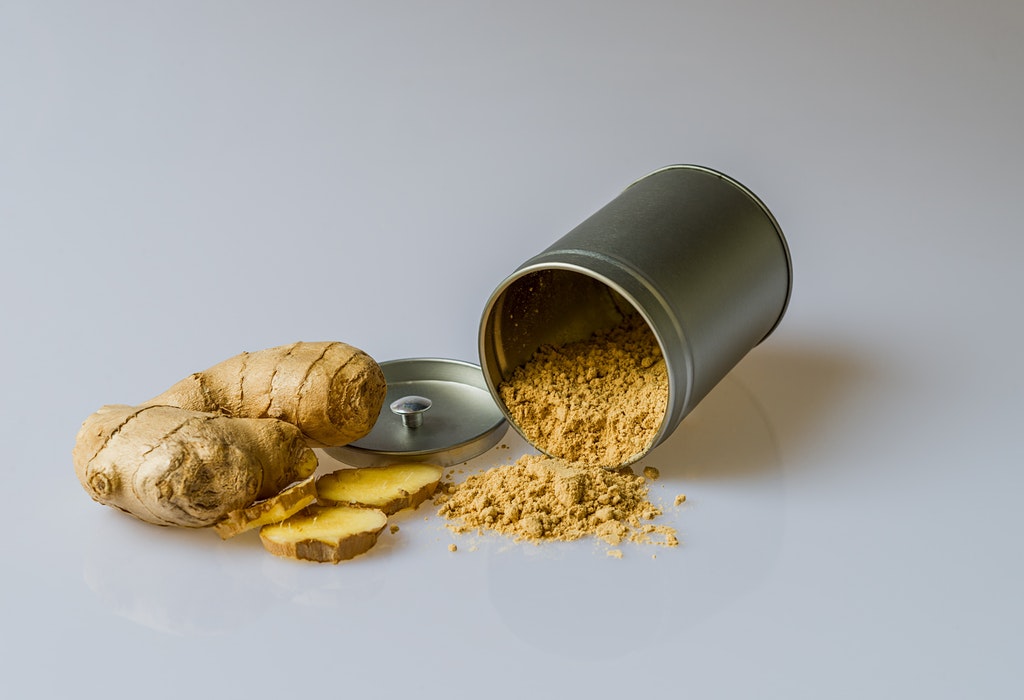
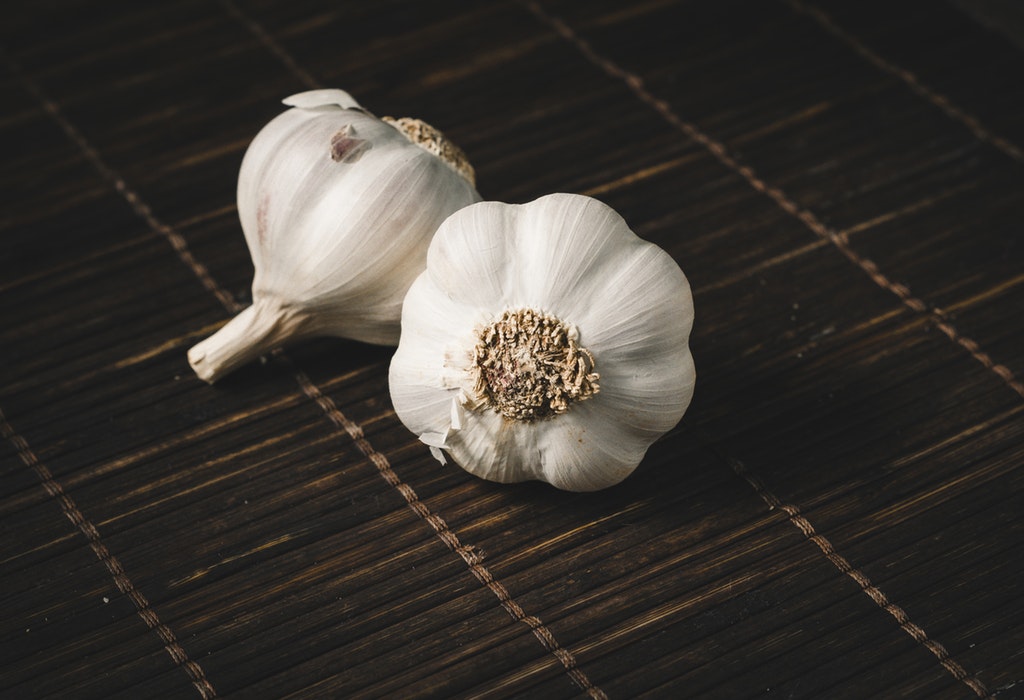
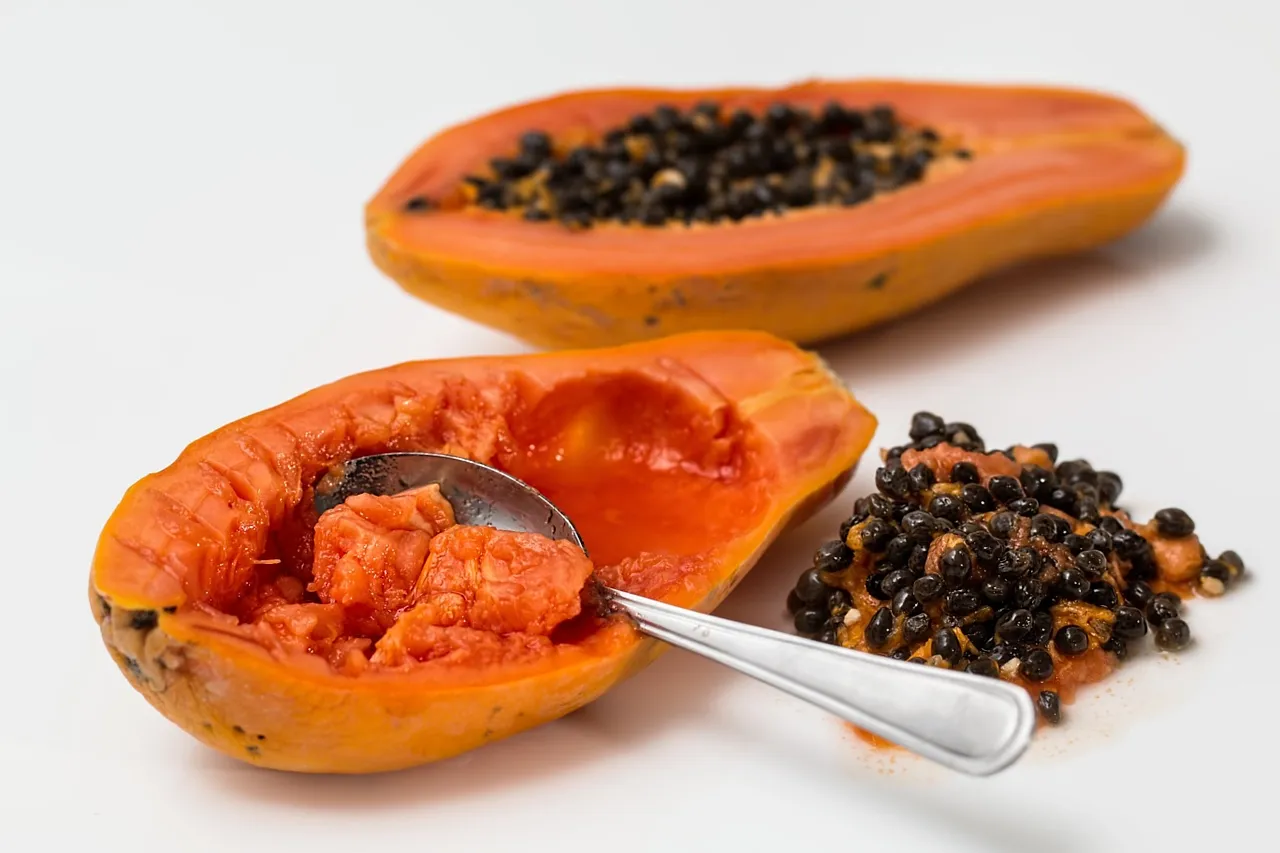
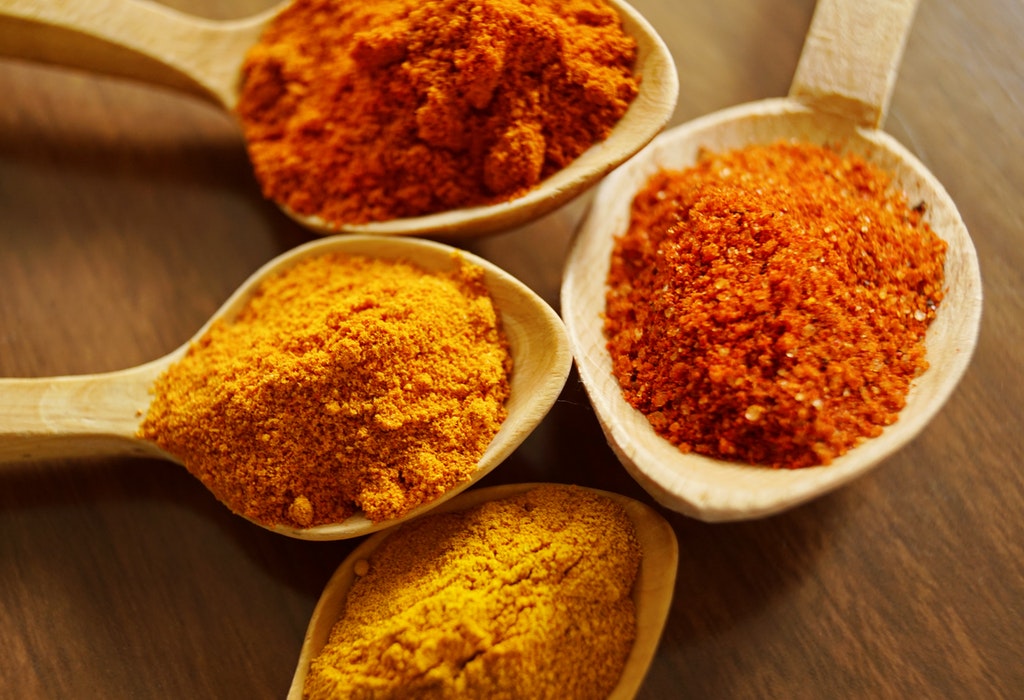
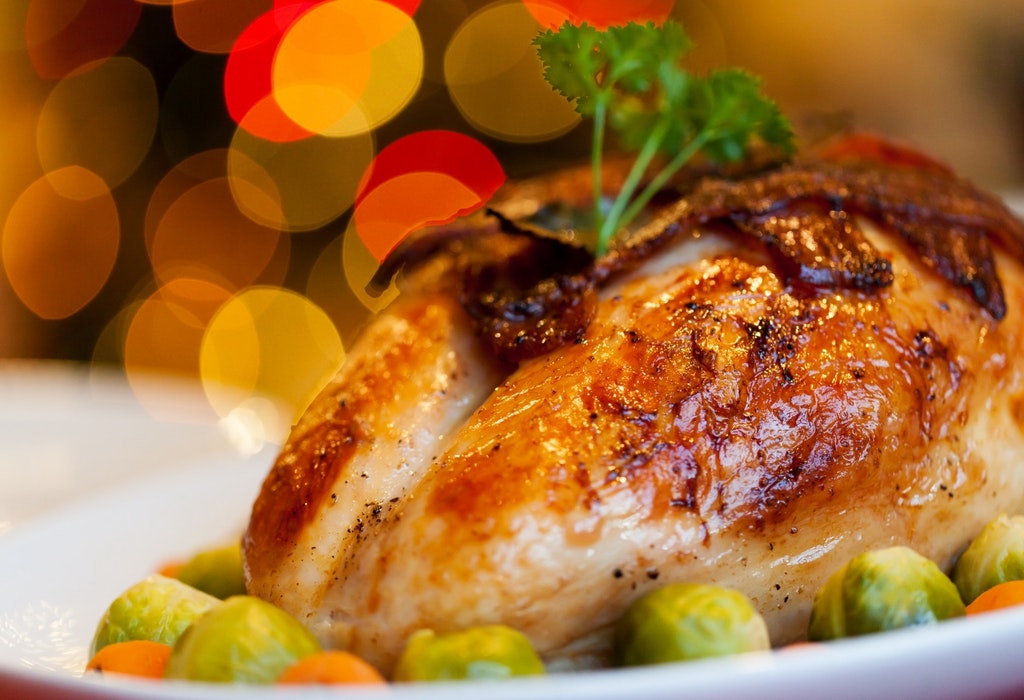
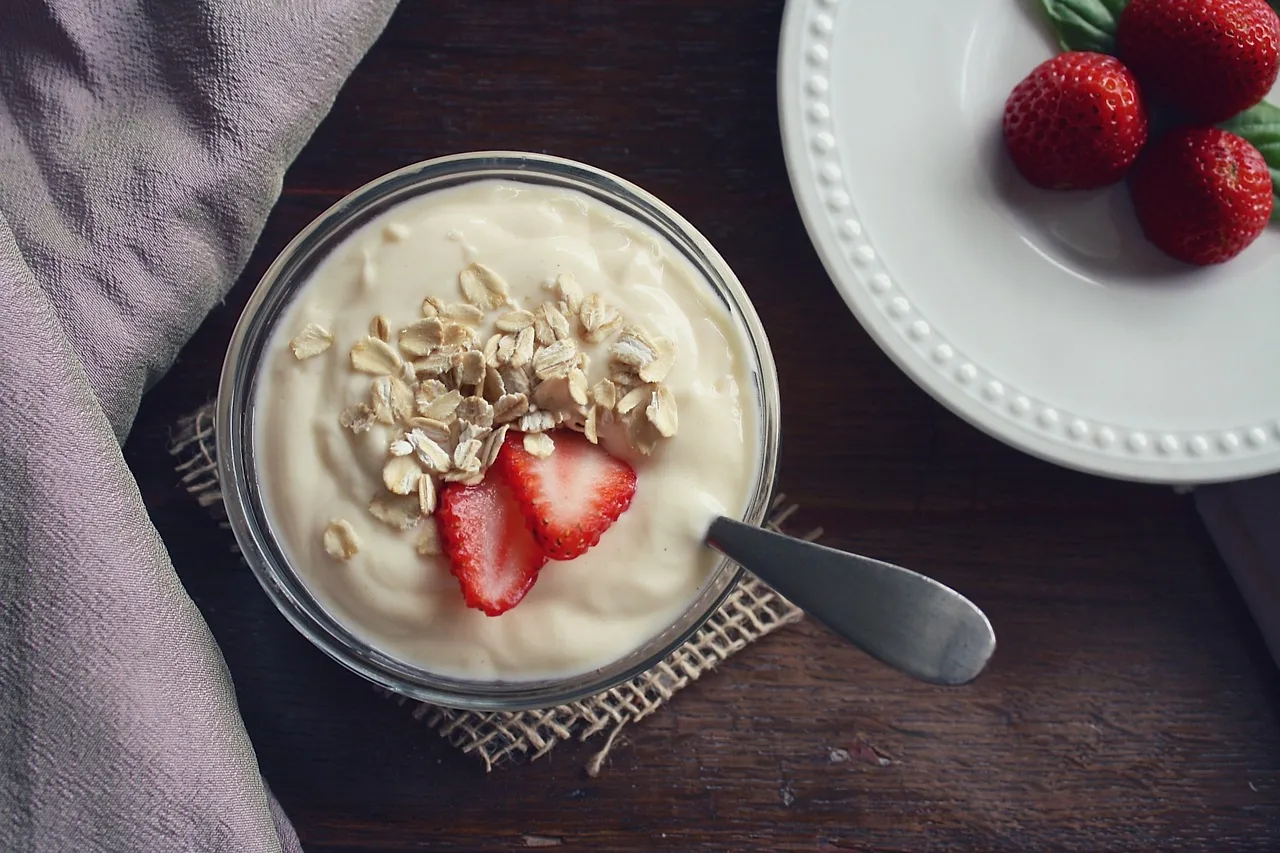
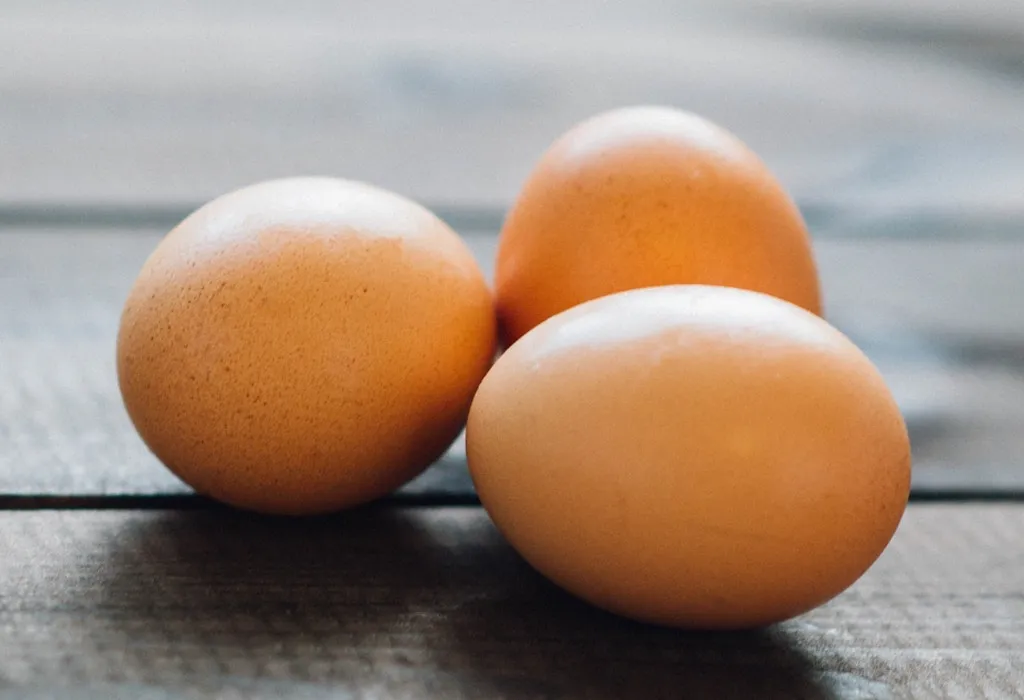
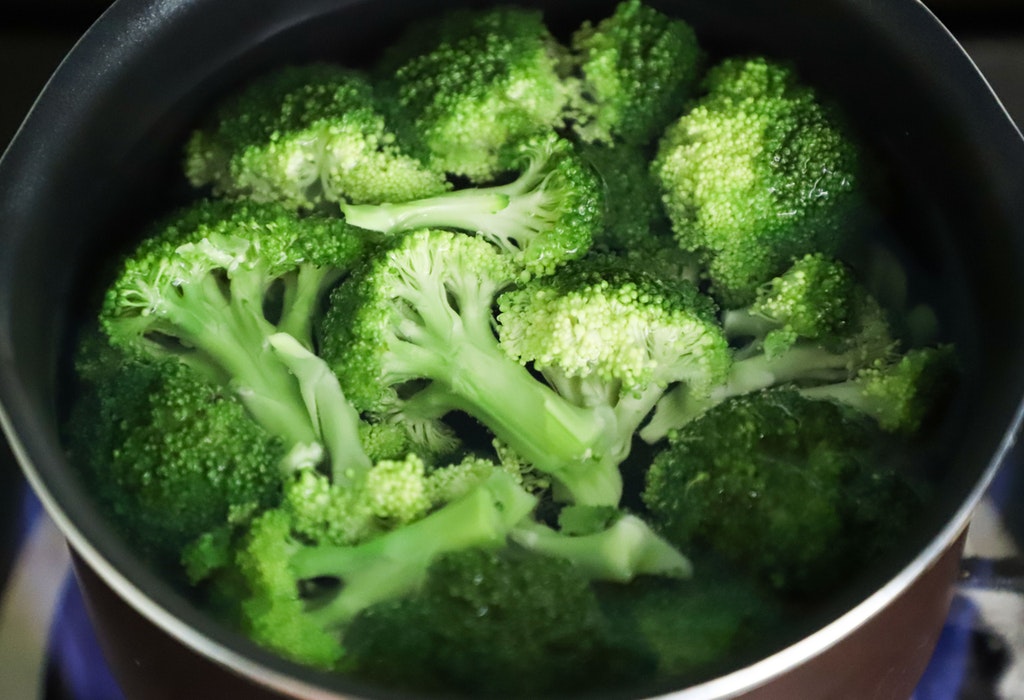
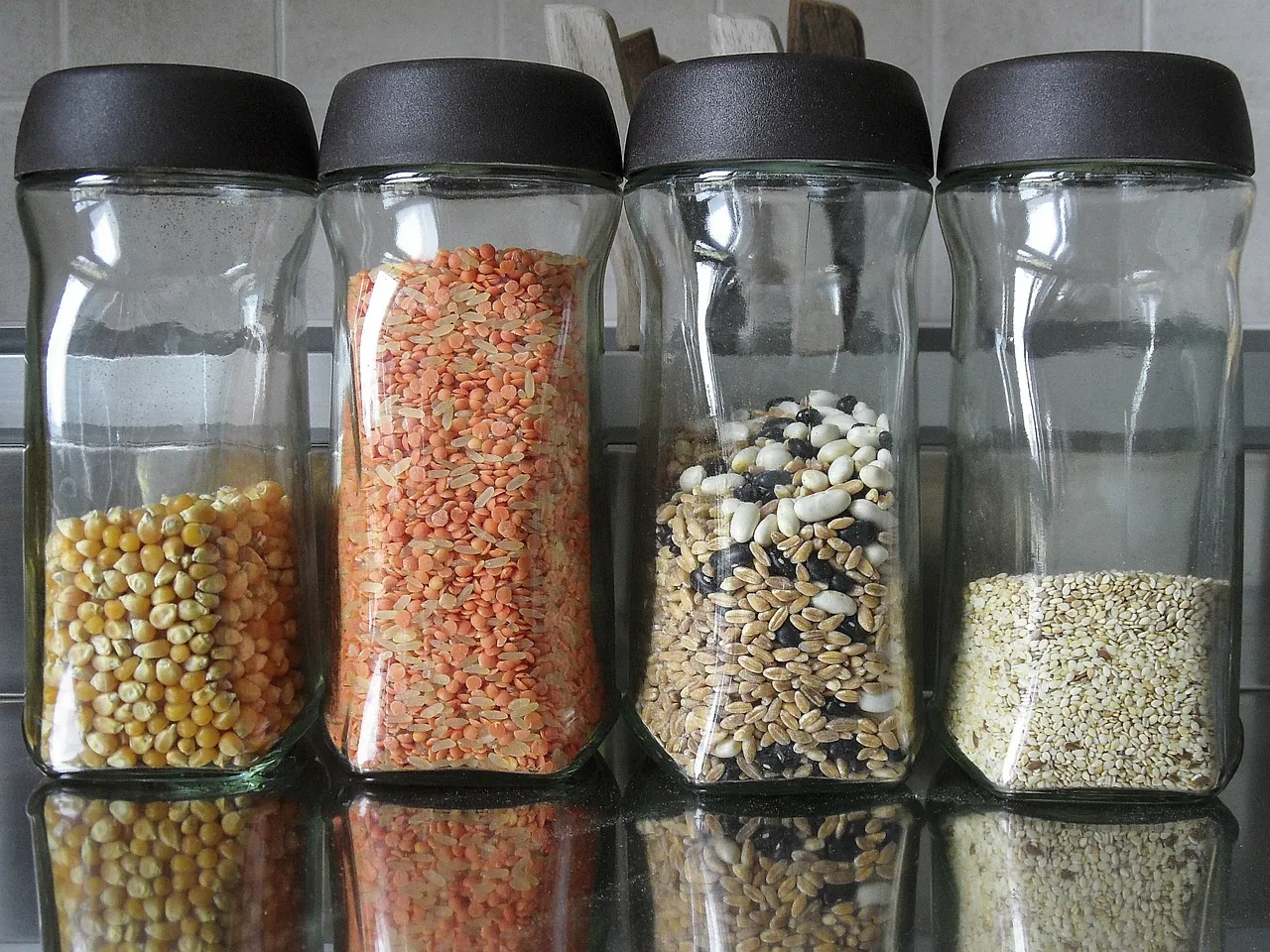

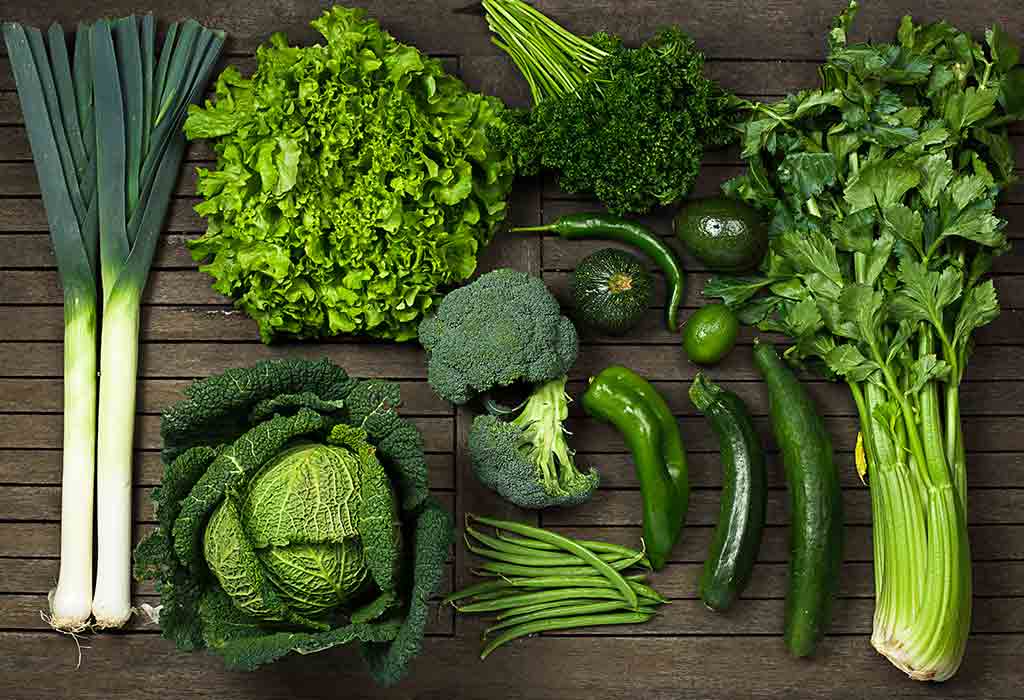
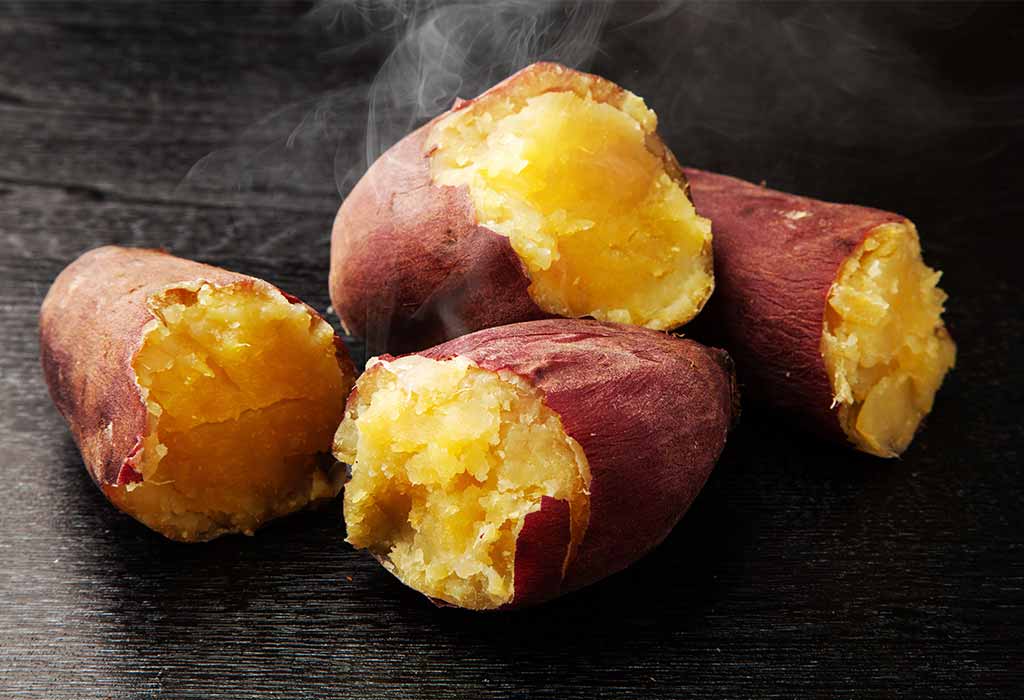

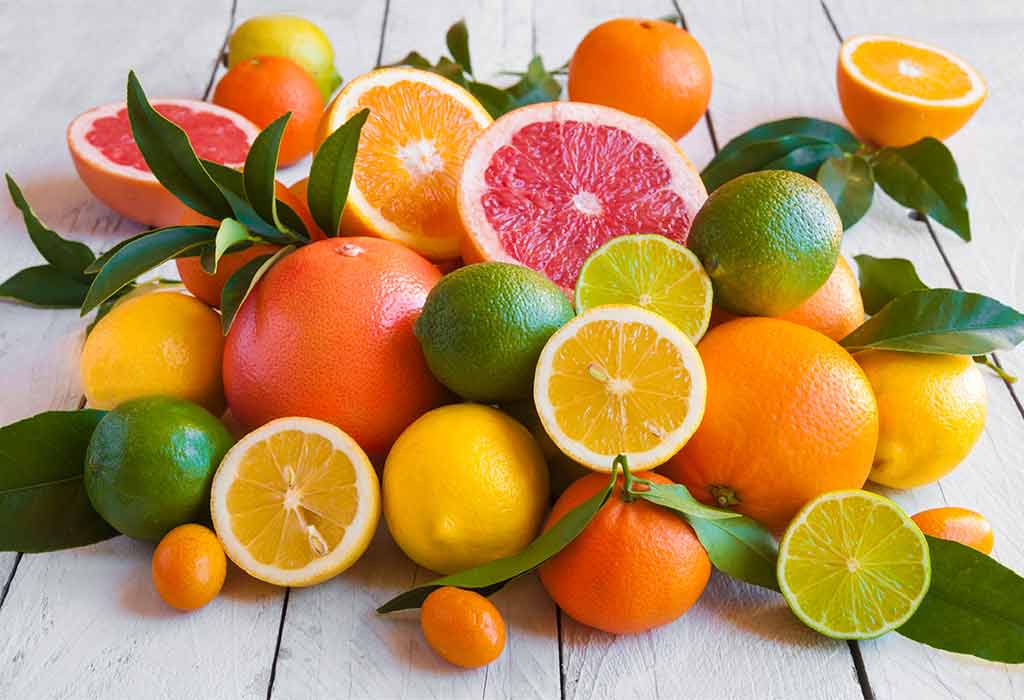

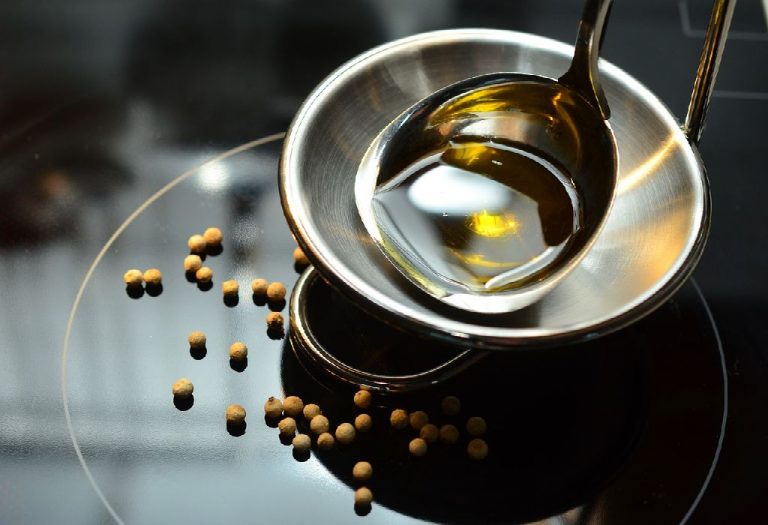


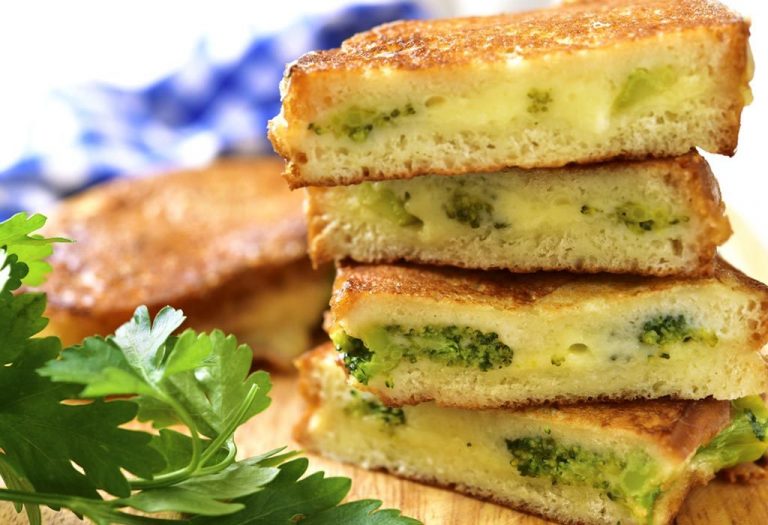

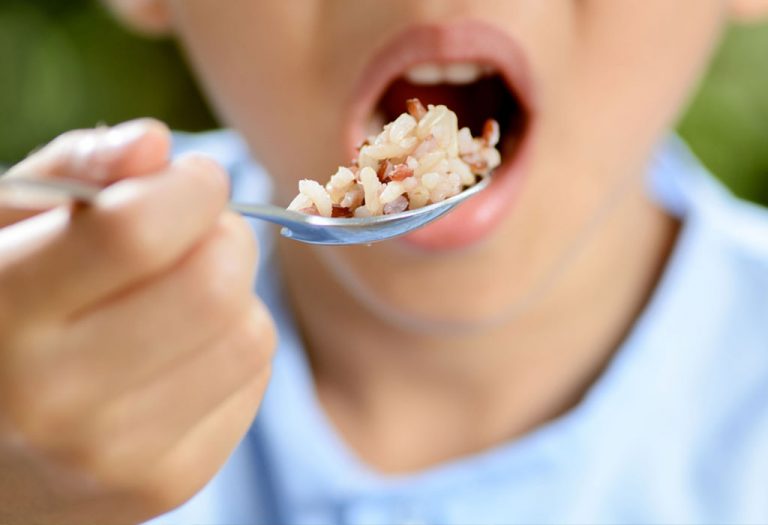

.svg)
















